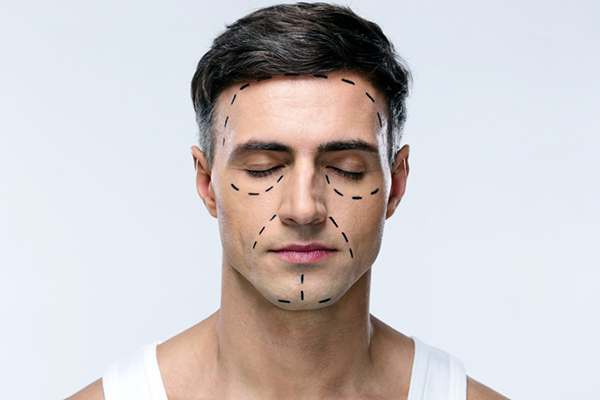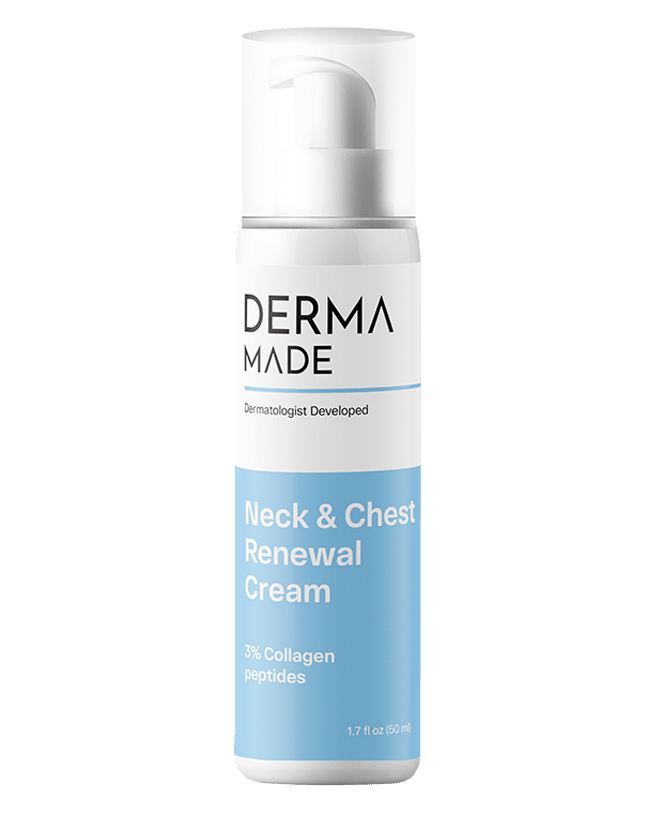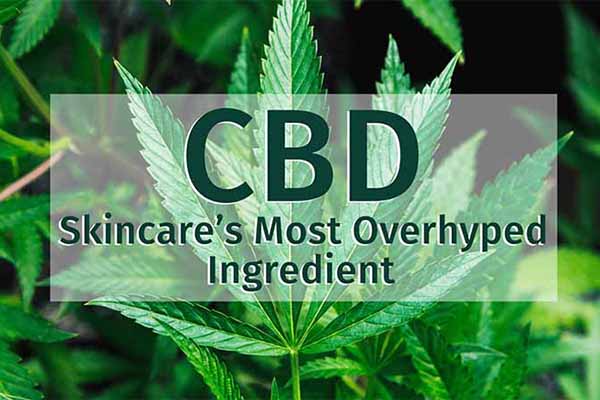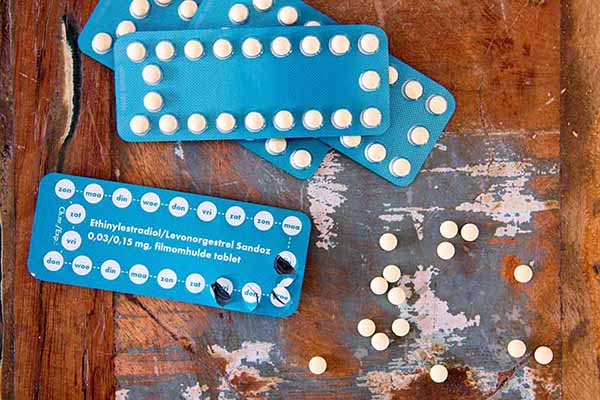From bones to muscles, tendons and skin, collagen is the most abundant protein in your body. Plus, it keeps your skin looking bouncy and full. Learn what is collagen and how to make the most of it to keep your skin glowing and youthful.
What is Collagen?
One way to think of collagen is as the ‘glue’ that holds everything together. It acts as the body’s scaffolding and is the body’s main connective tissue. It is a hard protein that makes up ⅓ of your body. And it provides the main structure to skin.
There are 16 different types. But 80-90% of it in your body is made up of types I, II, and III. Skin is composed of type I collagen.
Type I is capable of being stretched. And if you were to compare it pound-for-pound to building material, it would be stronger than steel.
It’s produced by various cells, but mostly by connective tissue cells, which makes sense since its main role is as connective tissue.
What Does It Do For Skin?
Well, it makes up about ¾ of the weight of your skin. It keeps fine lines and wrinkles at bay and gives your skin that bouncy look.
Collagen and Aging Skin
- With age collagen production slows and the quality of produced is lower.
- One of the first places you see the change is in your skin, which becomes less firm and supple. It loses that full bouncy look.
- By your mid-20s, you lose 1% of collagen per year. By menopause that number jumps to 30% in the first 5 years.
What Damages It?
Unprotected sun exposure or too much sun. UV rays damage and reduce collagen production.The antidote is daily sunscreen.Use an SPF 30 or higher.
Refined carbs and sugar. Sugars interfere with the body’s ability to repair itself. Reduce or avoid sugars and refined carbs as much as possible.
Smoking. Smoking slows and reduces collagen production. Plus, it leads to sagging, wrinkly skin.
Collagen and Skin Care
How to protect skin from increased collagen loss.
- SPF. Daily use of a broad spectrum SPF protects against both UVA and UVB rays. Both rays damage the skin. Help production stay healthy by slowing damage from the sun through SPF, large brimmed hats and shade.
- Use antioxidants. Antioxidants in skincare are repairative. Look to use ingredients like vitamin C, E, polyphenols, and CoQ10 in your daily skincare routine.
- Regular exfoliation. Exfoliation removes the buildup of dead skin cells and aids in bringing fresh new skin to the surface. Look for an effective daily exfoliator like lactic or glycolic acid.
Products that support collagen production.
Besides protecting your skin from its loss, it’s important to use skincare products that increase and stimulate collagen production. The top two ingredients to use are retinoids and peptides.
- Retinoids. Retinoids are the gold standard in skincare. They do just about everything. And retinoids are particularly great at stimulating your body to produce more collagen. When using a retinoid there are a few things to know. Begin using a small amount only 1 to 2 days a week. After your skin adjusts, increase the frequency of use and the amount. Also, retinoids make your skin more sensitive to sun exposure, so daily SPF is a must. Otherwise you’ll work against your own efforts.
- Peptides. Peptides are an amino acid. They are naturally present in the body. In skincare peptides send specific signals to the skin about what to do or not do. There are peptides designed to encourage collagen production. Look for products containing Matrixyl 3000. It’s a synthetic peptide that powerfully stimulates production, giving you firmer, younger looking skin.
Collagen is a protein that does a ton in our body and skin. To keep your skin looking full and young, it’s important to begin today using products that protect the collagen you do have, and to use other products that stimulate an increase in production for the long haul.







